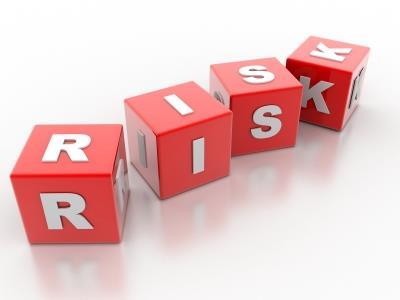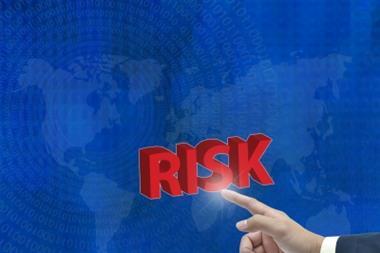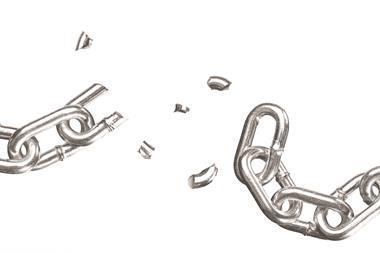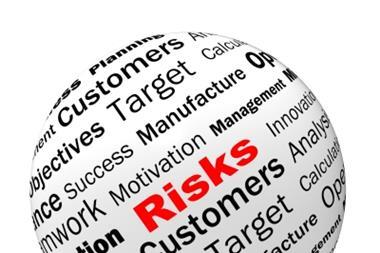Cyber and political risk are the main concerns of risk managers at the AMRAE conference

Cyber and political risk were cited as the biggest risks facing businesses in France by risk managers, brokers and insurers attending the AMRAE conference, held in Deauville from 1-3 February.
“Up until ten years ago, almost all the risks were material risks,” says FERMA president Jo Willaert. “Now we are moving towards immaterial risks. The digital world is creating other risks, which is quite a challenge for risk managers.”
Sophie Maguer, AMRAE board member and Euro Disney risk manager, adds: “We really have to adapt, because we have to be able to react quickly to find proper solutions to protect our business and our people. I would say that the challenge is to be reactive and to be able to understand and define proper measures to protect us.”
AMRAE board member and risk manager at Ipsen Pharma, Anne Piot d’Abzac believes having a risk approach towards digitalisation will also help minimise people’s fears of digital transformation.
She explains: “Some people are not comfortable with digitalisation and are very anxious. It’s therefore important to have this risk approach, because when you are identifying your risks, it becomes much easier to explain them and, of course, to cover them. Digitalisation will change how organisations operate, but we have to explain to employees that, with the right level of risk management, they won’t suffer from it – they will only benefit from the fantastic opportunities it offers.”
Other risks regularly mentioned by delegates of the AMRAE conference include supply chain risk, climate change and business interruption.
The interdependency of risk is also a major concern for today’s risk managers, notes Nadia Côté, country president of France at Chubb. “We know that companies are increasingly more digital and that brings a need for the risk manager to protect that data. It also increases the impact a failure of the information system could have on the company’s operations.”
For the risk management profession as a whole, the recruitment of new risk managers is also a concern. During one of the conference’s workshops, it was revealed that between now and ten years, 60% of risk managers will be retired.
“We therefore have to make the risk management function attractive to younger people, so we have to change the perception of risk management,” Willaert says. “We have to challenge the idea that risk management is automatically insurance. A 12-year-old wants to become a pilot or a police officer. Nobody wants to be a risk manager. So training is important.”
Risk management training could also be beneficial for other actors, says AMRAE board member and group risk, insurance and compliance officer at Veolia, Oliver Wild, He sees scope for the risk profession to bring their knowledge and expertise outside of the corporate world.
“The corporate world today has a good handle of what the different risks are through the different tools that they have developed themselves. Now the challenge is to also turn to cities, because they are a major actor of our society. The key challenge would be to help them develop their own risk management processes,” he explains.
“I think they are facing true challenges, such as climate change, urbanisation, ageing infrastructure and globalisation. There is a true competitiveness developing between cities in terms of their attractiveness, population, businesses and their ability to attract funds. Risk management is a tool that they need in order to help them assess not only what their risks are but also their opportunities. One of the key challenges is to expand those risk management good practices to other actors in our society.”




















No comments yet